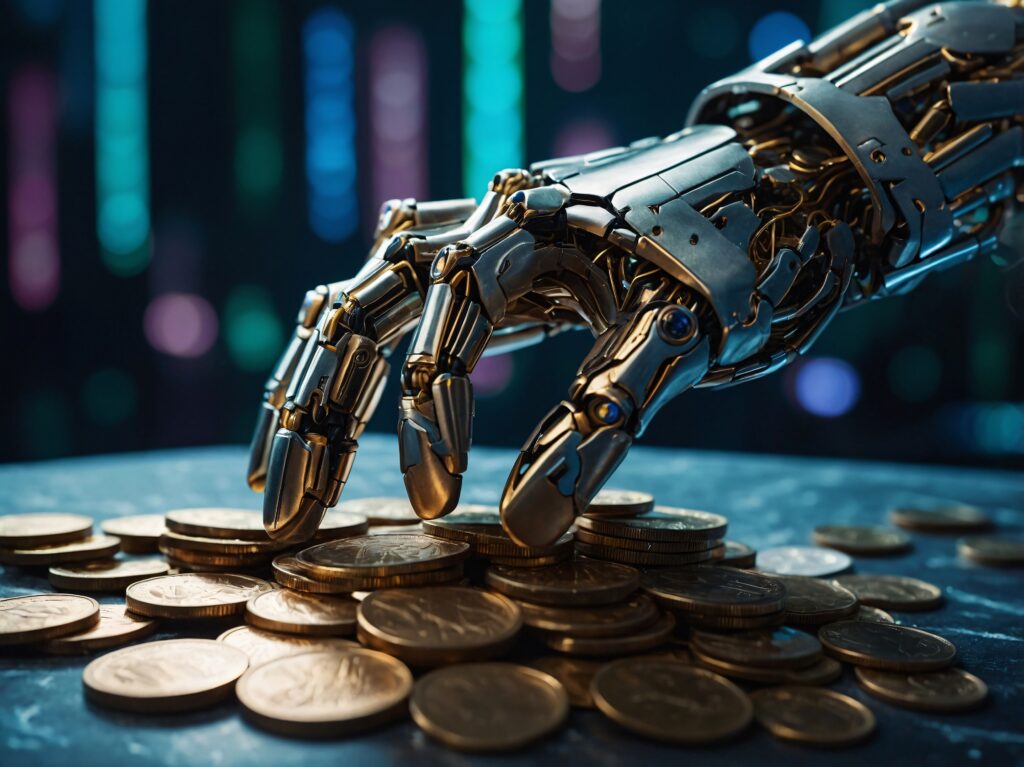August 14, 2025
5 min read
nikoletas@diplomacy.edu
Developers at Coinbase foresee a future where autonomous AI agents become the dominant users of the Ethereum blockchain, leveraging a long-dormant web standard to execute real-world cryptocurrency payments independently.
This innovation is powered by the HTTP 402 ‘Payment Required’ status code, a web standard defined over thirty years ago. Recently, it has been combined with Ethereum Improvement Proposal (EIP) 3009, enabling automated stablecoin transfers directly on the blockchain.
Already, developers are experimenting with this protocol, moving it from theoretical concept to practical application. This shift promises to be transformative, allowing AI agents to autonomously pay for services without human oversight of API calls or data storage.
Potential use cases include self-driving taxis that cover their own operational costs and AI models that create content on demand, all transacting seamlessly via Ethereum’s trustless settlement layer. This makes Ethereum the ideal blockchain platform for this new payment protocol.
The integration of autonomous AI agents with Ethereum could redefine digital business models and e-commerce, accelerating the adoption of cryptocurrencies in everyday transactions.
Frequently Asked Questions (FAQ)
Q: What is the role of the HTTP 402 ‘Payment Required’ status code in this innovation? A: The HTTP 402 status code, a long-dormant web standard, is being revitalized to enable automated cryptocurrency payments. When combined with EIP 3009, it allows AI agents to initiate and complete transactions without human intervention. Q: What is EIP 3009 and how does it relate to this development? A: EIP 3009 (Ethereum Improvement Proposal 3009) enables automated stablecoin transfers directly on the Ethereum blockchain. This is a crucial component that works in conjunction with the HTTP 402 status code to facilitate autonomous payments. Q: What are some potential real-world applications for AI agents making autonomous crypto payments on Ethereum? A: Potential applications include self-driving taxis managing their own operational costs through automated payments, and AI models that generate content on demand and pay for the resources they use, all seamlessly transacting on the Ethereum blockchain. Q: How does this innovation impact the broader adoption of cryptocurrencies? A: By enabling autonomous AI agents to conduct cryptocurrency payments, this innovation can significantly accelerate the adoption of cryptocurrencies in everyday transactions and redefine digital business models and e-commerce.Crypto Market AI's Take
The development of autonomous AI agents making direct cryptocurrency payments on Ethereum marks a significant step towards a future where AI operates with a degree of financial independence. This integration of AI capabilities with blockchain technology, particularly Ethereum's robust smart contract infrastructure, opens up new possibilities for automation and efficiency across various industries. It's a testament to how evolving blockchain standards can support increasingly sophisticated digital interactions, aligning with our platform's focus on providing cutting-edge AI-driven crypto market intelligence and tools. We see this as a foundational element for future decentralized autonomous organizations (DAOs) and intelligent marketplaces.More to Read:
- The Future of AI in Cryptocurrency Trading
- Understanding Ethereum Improvement Proposals (EIPs)
- Autonomous Agents: Redefining Digital Workflows

